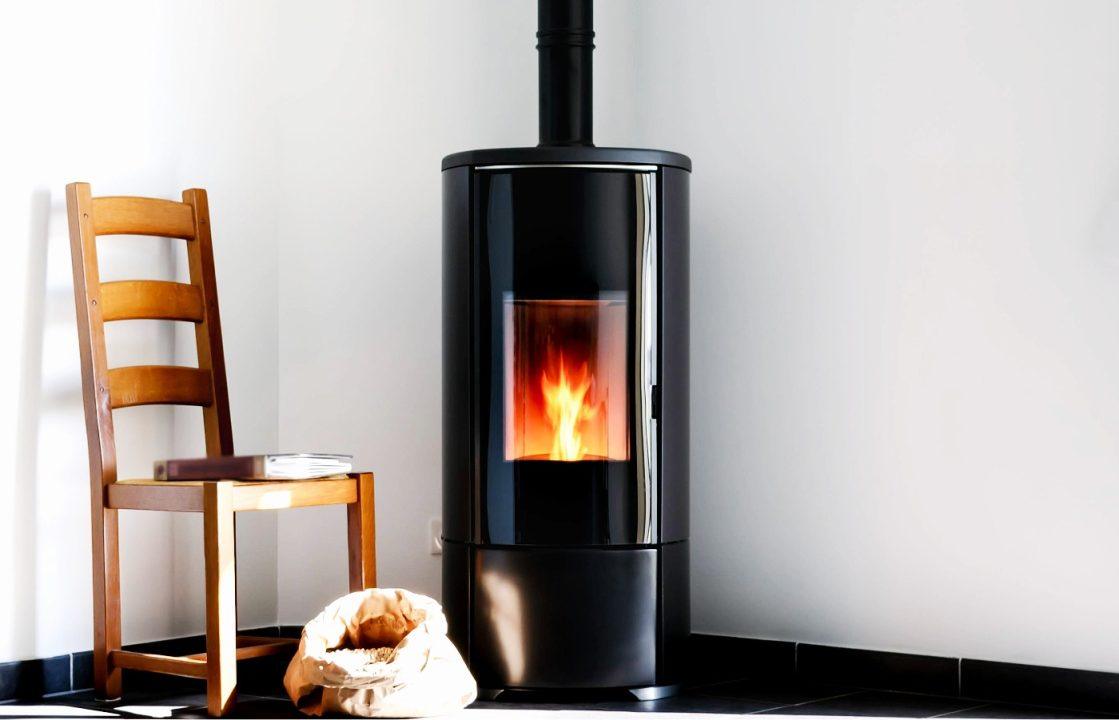Wood-burning stoves and open fires are contributing to thousands of premature deaths each year in the UK, a new report has found.
The study estimates that domestic burning — primarily of wood — is responsible for around 2,500 early deaths annually, due to the fine particulate matter it releases into the air.
These microscopic particles can penetrate deep into the lungs and bloodstream, “affecting every organ in the body”.
According to Global Action Plan, only 8% of the UK population owns a wood burner, and of these, only 8% burn out of necessity.
However, domestic burning is the largest single source of PM2.5 emissions, surpassing road transport and industry, according to the environmental charity.
Global Action Plan warns that the growing popularity of wood burners, often seen as a cosy or eco-friendly option, is having a serious impact on public health.
The report links toxic air pollution to almost 1,500 cases of asthma a year.
“As the weather turns colder, many families turn to wood-burning stoves as a heating choice,” said Dr Abi Whitehouse, a clinical academic respiratory children’s doctor.
“However, this should not be the default choice – the smoke and fine particles released can worsen asthma symptoms, trigger attacks, and contribute to long-term respiratory issues.
“For children with asthma, even small increases in indoor air pollution can mean more frequent flare-ups, hospital admissions, and time away from school — consequences that are entirely preventable with cleaner heating choices.”
Open fires and coal are the most polluting, while kiln-dried wood is less harmful but still significantly worse than gas or electric heating.
Many parts of Scotland are under what are called smoke control areas where you can’t emit smoke from a chimney unless you’re burning an authorised fuel or using exempt appliances – such as stoves. These include Glasgow, Edinburgh and Dundee.
Researchers explored two options to reduce emissions compared with current legislation.
The first scenario involved expanding smoke control areas (SCAs) across all urban areas and the second modelled eliminating all “non-essential” burning – burning not as a primary heat source.
The extension of smoke control areas was found to prevent about 320 deaths a year and save the NHS around £11m.
But the elimination of all secondary burning showed the greatest benefit, reducing emissions by more than 70%, saving more than 1,500 lives, and cutting NHS costs by £54m.
“Air pollution from wood burning stoves is cutting lives short, putting people in hospital, and contributing to serious health conditions for people across the UK,” said Larissa Lockwood, director of policy and campaigns at Global Action Plan.
Campaigners are calling for tighter restrictions on wood-burners, improved enforcement of existing laws, and a shift towards cleaner heating alternatives like electric heat pumps.
The Scottish Government had planned a ban on domestic burning in new build homes.
But last year, the SNP ditched the proposals after public backlash.
A Scottish Government spokesperson said: “Scotland enjoys good air quality compared with much of Europe, but we are not complacent and are targeting actions to continue to protect human health.
“In 2024, we met all our air quality objectives. This reflects a long-term downward trend in air pollution – with fine particulate matter (PM2.5) decreasing by 45% since 2005.”
Follow STV News on WhatsApp
Scan the QR code on your mobile device for all the latest news from around the country


 Adobe Stock
Adobe Stock

























